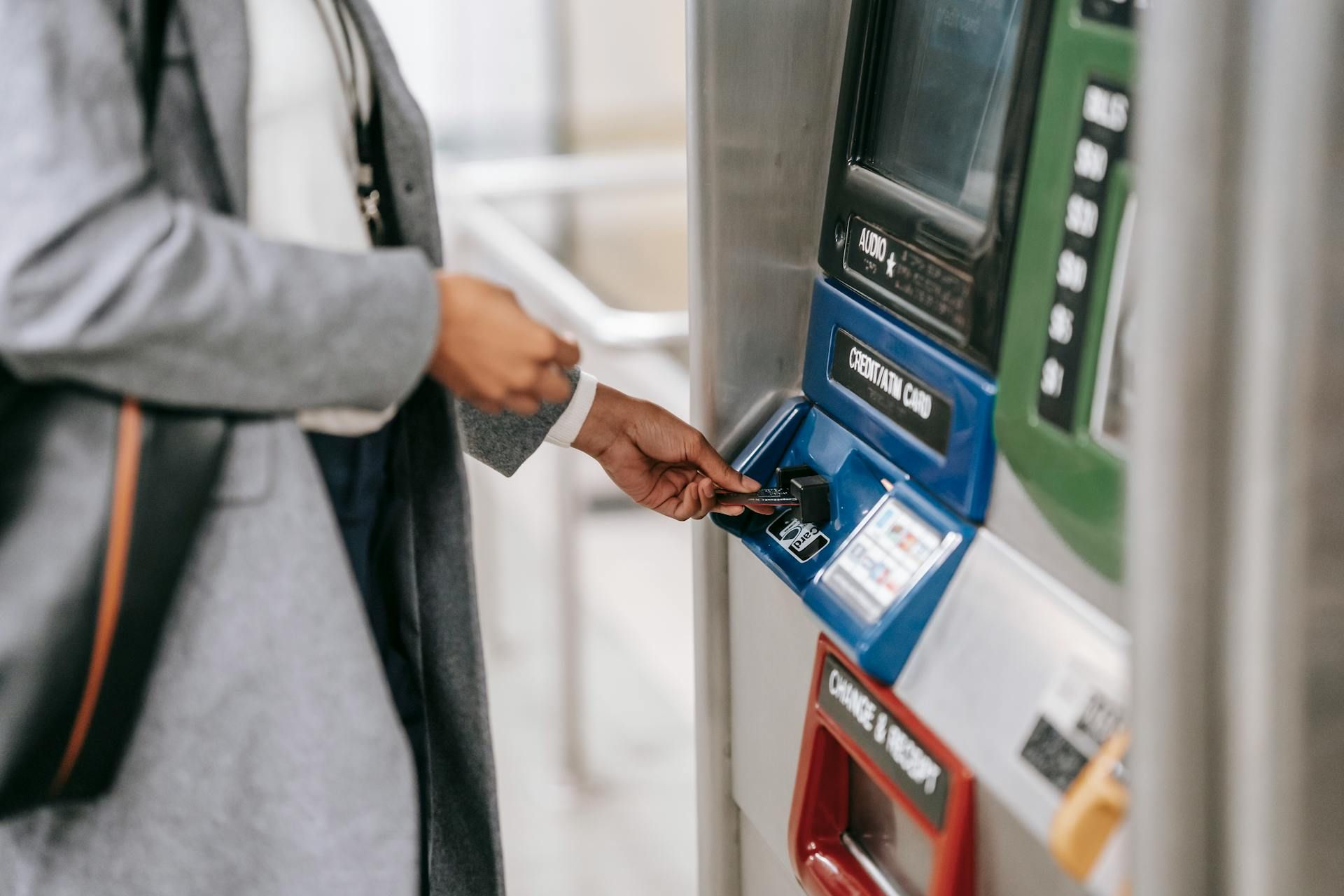business resources
Why a Checking Account is a Must-Have for Financial Security
9 Jul 2024, 1:31 pm GMT+1
In today's fast-paced financial world, having a checking account is no longer a luxury; it's a necessity. Whether you are managing household expenses, saving for the future, or running a business, a checking account provides the foundation for all your financial transactions. This essential tool offers security, convenience, and a wide range of features that help you stay on top of your finances. Let's explore why a checking account is indispensable for ensuring financial stability and security.
Ease of Access to Funds
A checking account offers unparalleled ease of access to your funds. With a checking account, you can withdraw money, write checks, and make purchases with a debit card at any time. This convenience means you don't have to carry large amounts of cash, which can be risky. Additionally, many banks offer mobile and online banking services, allowing you to manage your money from anywhere, at any time. You can check your balance, transfer funds, and pay bills with just a few clicks, making it easier to keep track of your finances.
Secure Transactions
Security is one of the most significant advantages of having a checking account. Banks provide multiple layers of protection to safeguard your money. When you use your debit card or write a check, you have the peace of mind that your transactions are monitored and protected against fraud. In case of any unauthorized transactions, banks offer zero liability protection, meaning you are not held responsible for fraudulent charges. Furthermore, having a checking account allows you to avoid the risks associated with carrying cash, such as theft or loss.
Financial Organization
A checking account helps you stay organized financially. By using your checking account for daily transactions, you can easily track where your money is going. Most banks provide monthly statements that detail all your transactions, making it simple to review your spending habits. This information is invaluable when creating a budget or identifying areas where you can cut costs. Moreover, many banks offer tools that categorize your spending, providing insights into your financial habits and helping you make informed decisions.
Convenient Bill Payments
Paying bills is a necessary part of financial management, and a checking account simplifies this process significantly. With a checking account, you can set up automatic payments for utilities, credit cards, and other recurring bills. This feature ensures that your payments are made on time, avoiding late fees and maintaining a good credit score. Additionally, you can easily pay one-time bills through your bank's online platform, saving you time and postage costs. The convenience of having all your bill payments managed from a single account cannot be overstated.
Enhanced Budgeting and Savings
A checking account is a valuable tool for budgeting and saving money. By regularly monitoring your account, you can keep track of your spending and adjust your budget accordingly. Many banks offer features that allow you to set up savings goals and transfer money automatically from your checking to your savings account. This automation makes saving effortless and helps you build an emergency fund or save for future expenses. Having a checking account also makes it easier to manage multiple financial goals simultaneously, ensuring that you stay on track.
Benefits of Digital Banking
There are many benefits of digital banking. In today's digital age, having an online checking account provides all the advantages of traditional checking accounts, with added convenience and flexibility. You can access your account 24/7, make transactions, and manage your finances from your computer or mobile device. Online banking also often comes with lower fees and higher interest rates, making it a cost-effective option. Additionally, the integration of financial apps and tools helps you stay informed and in control of your financial health.
Protection Against Overdrafts
Another crucial aspect of a checking account is the protection it offers against overdrafts. Many banks provide overdraft protection services that link your checking account to a savings account or credit line. This feature ensures that if you accidentally spend more than your balance, the bank will cover the difference, preventing bounced checks and declined transactions. Overdraft protection helps you avoid costly fees and the embarrassment of having your card declined at the point of sale. It's an invaluable safety net that helps maintain your financial reputation.
Access to Financial Services
Having a checking account opens the door to a wide range of financial services. Banks often offer exclusive products and services to account holders, such as loans, credit cards, and investment options. By maintaining a good relationship with your bank, you can benefit from personalized financial advice and preferential rates on various financial products. Additionally, having a checking account is often a prerequisite for accessing other banking services, making it a cornerstone of your financial portfolio.

In conclusion, a checking account is a vital component of financial security and stability. It provides easy access to your funds, secure transactions, financial organization, convenient bill payments, and the ability to build a financial history. The benefits of digital banking, protection against overdrafts, and access to a wide range of financial services further enhance its value. Whether you are just starting your financial journey or looking to optimize your financial management, a checking account is a must-have tool that empowers you to take control of your finances and achieve your financial goals.
Share this
Arthur Brown
Writer
A dad of 3 kids and a keen writer covering a range of topics such as Internet marketing, SEO and more! When not writing, he's found behind a drum kit.
previous
What Investors Should Know About Managed Fund Strategies
next
Secure Your Business With Avast: Essential Cybersecurity Solutions